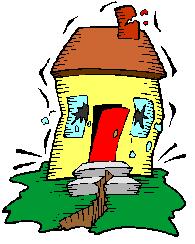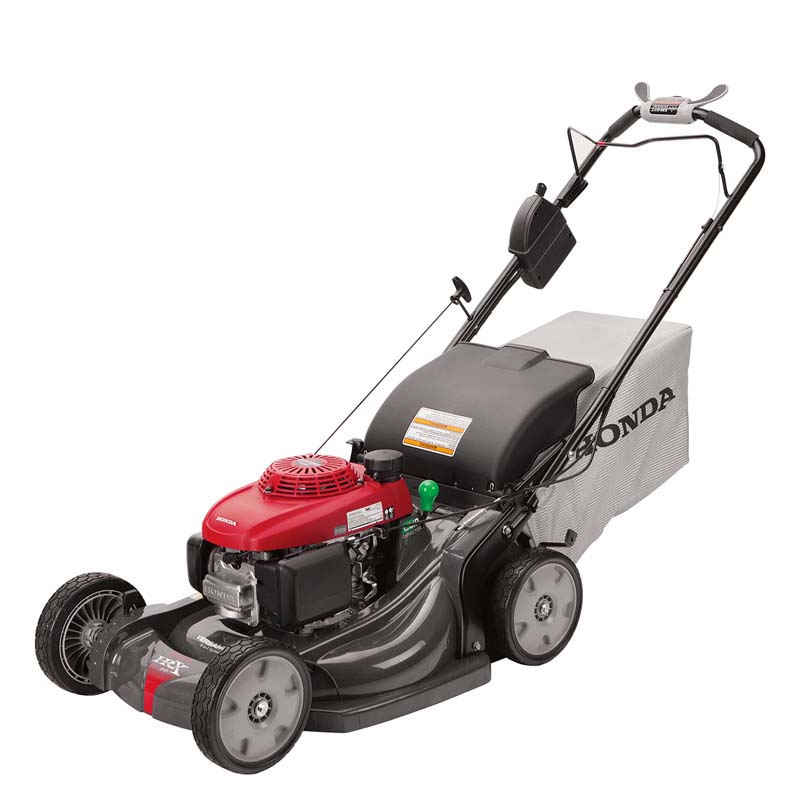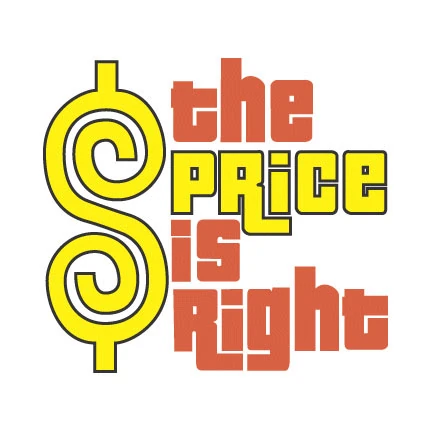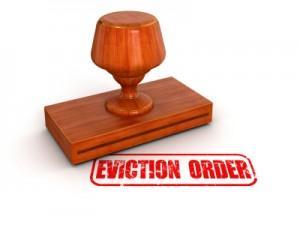We recently talked about the importance of maintaining your property even when it’s vacant (check it out here); but before you start planning that maintenance, it’s important to make sure you’re not neglecting maintenance that needs to be done while your tenant is in the property.
Neglecting maintenance and repairs can not only end up being very costly, but it can also pose a big safety risk. If you notice some wiring that looks slightly frayed, change it! Waiting for the problem to worsen is never a good idea; in a case like this a fire could start and be extremely dangerous. Neglecting any sort of repair automatically creates a problem that’s just waiting to worsen. If you start to notice the flooring on one side of your attic going bad, you shouldn’t wait for it to collapse to change it.
It’s also important to constantly be checking up on things like alarm systems and fire/carbon monoxide detectors, and making sure the property has a working fire extinguisher at easy access to the tenants. By checking up on small ‘repairs’ like these, you’re potentially saving the lives of the your tenants. 
Neglecting maintenance isn’t entirely always the fault of the landlord; as a tenant you should inform your landlord whenever you think something needs to be repaired. If your landlord doesn’t know about a problem, they’re not going to be able to fix it.



 move out.
move out.




 If you make a lease agreement that doesn’t cover specific items, you’re leaving a lot of blank space that may hurt you later on. It’s imperative to set clear roles and decide what’s going to be your tenants responsibility and what’s going to be your responsibility. This comes into play when you’re talking about things like general maintenance, or even landscaping; who’s going to be hiring someone to fix things, who’s going to take care of mowing the lawn? Some people may think these things are implied and won’t put them into the terms of the lease, but that can lead to problems later on.
If you make a lease agreement that doesn’t cover specific items, you’re leaving a lot of blank space that may hurt you later on. It’s imperative to set clear roles and decide what’s going to be your tenants responsibility and what’s going to be your responsibility. This comes into play when you’re talking about things like general maintenance, or even landscaping; who’s going to be hiring someone to fix things, who’s going to take care of mowing the lawn? Some people may think these things are implied and won’t put them into the terms of the lease, but that can lead to problems later on.